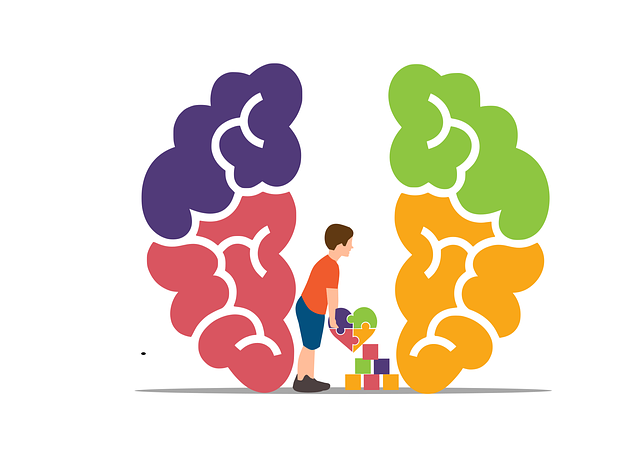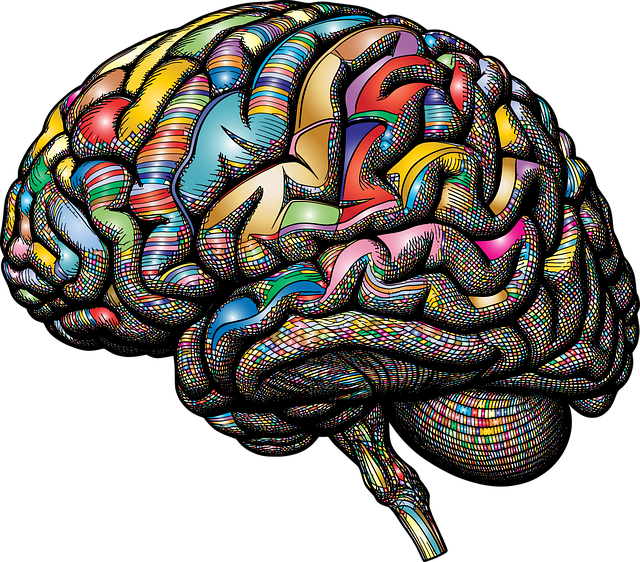Understanding Mental Illness Diagnosis for Adolescent Teens is crucial for their recovery and well-being, emphasizing a holistic approach that considers symptoms from various perspectives. Recent advancements in therapy for adolescent teens focus on gender-affirming care, validating individual gender identity as a game-changer in improving therapeutic outcomes. This specialized approach incorporates tailored self-care practices, comprehensive risk assessments, and evidence-based techniques to promote emotional well-being, especially for teens identifying outside traditional gender norms. Building strong support systems is vital for fostering resilience and a sense of belonging, aiding adolescents in their journey towards mental wellness.
Mental illness diagnosis and treatment navigation can be complex, especially for adolescent teens. This article guides you through crucial aspects of this process, focusing on understanding mental health diagnoses specific to teens, the benefits of gender-affirming care in therapy for adolescent teens, and navigating various therapy options and support systems for optimal wellness. By exploring these key areas, individuals and their families can make informed decisions towards healing and recovery.
- Understanding Mental Illness Diagnosis for Adolescent Teens
- The Role of Gender-Affirming Care in Effective Treatment
- Navigating Therapy Options and Support Systems for Optimal Wellness
Understanding Mental Illness Diagnosis for Adolescent Teens

Understanding Mental Illness Diagnosis for Adolescent Teens plays a pivotal role in their journey towards recovery and well-being. For teens, navigating mental health issues can be particularly challenging due to the rapid physical and emotional changes they experience during adolescence. A comprehensive diagnosis process involves assessing symptoms, conducting thorough evaluations, and integrating feedback from various sources, including parents, educators, and peers. This holistic approach is crucial in identifying conditions such as depression, anxiety disorders, or even gender dysphoria—a growing area of focus in mental health care.
Gender-affirming care has emerged as a transformative aspect of therapy for adolescent teens, especially those experiencing gender identity issues. This tailored approach ensures that teens receive supportive and empathetic treatment, fostering their emotional intelligence and coping skills development. Crisis intervention guidance is also integral to early interventions, helping teens manage acute distress and promoting better long-term mental health outcomes.
The Role of Gender-Affirming Care in Effective Treatment

In recent years, there’s been a growing recognition of the importance of gender-affirming care in mental health treatment, especially for adolescent teens undergoing therapy. This approach, centered around supporting and validating an individual’s gender identity, has proven to be a game-changer in enhancing the effectiveness of treatment plans. By incorporating self-care practices tailored to each teen’s unique needs, therapists can foster improved emotional well-being promotion techniques, leading to better mental health outcomes.
Effective navigation through the complex landscape of mental illness requires professionals to consider the intersection of gender and mental health. This includes performing thorough risk assessments to identify potential challenges and implement strategies that address them proactively. Through these methods, adolescents receiving therapy for their mental health issues can feel seen, heard, and supported, ultimately revolutionizing their journey towards recovery.
Navigating Therapy Options and Support Systems for Optimal Wellness

Navigating therapy options tailored to individual needs is paramount in fostering optimal wellness for adolescent teens. Gender-affirming care, specifically designed for young people who identify outside the traditional gender norms, has emerged as a transformative approach, providing a safe and supportive environment for exploration and self-acceptance. This specialized therapy goes beyond conventional methods by incorporating understanding and validation of one’s identity, helping to alleviate the unique challenges faced by these individuals.
Effective treatment plans often incorporate a blend of evidence-based practices, including conflict resolution techniques and stress reduction methods, which empower teens to manage symptoms and enhance coping strategies. Furthermore, risk assessment is a crucial aspect for mental health professionals, ensuring they can proactively address potential hazards and provide timely interventions. By fostering strong support systems that include family, peers, and mental health professionals, adolescents can navigate their journey towards mental wellness with increased resilience and a sense of belonging.
Mental illness diagnosis and treatment can be complex, especially for adolescent teens. By understanding the process, leveraging gender-affirming care, and connecting with robust support systems, young individuals can access optimal wellness solutions tailored to their unique needs. Exploring various therapy options ensures a holistic approach, fostering resilience and improved mental health outcomes for adolescents navigating these challenges.














